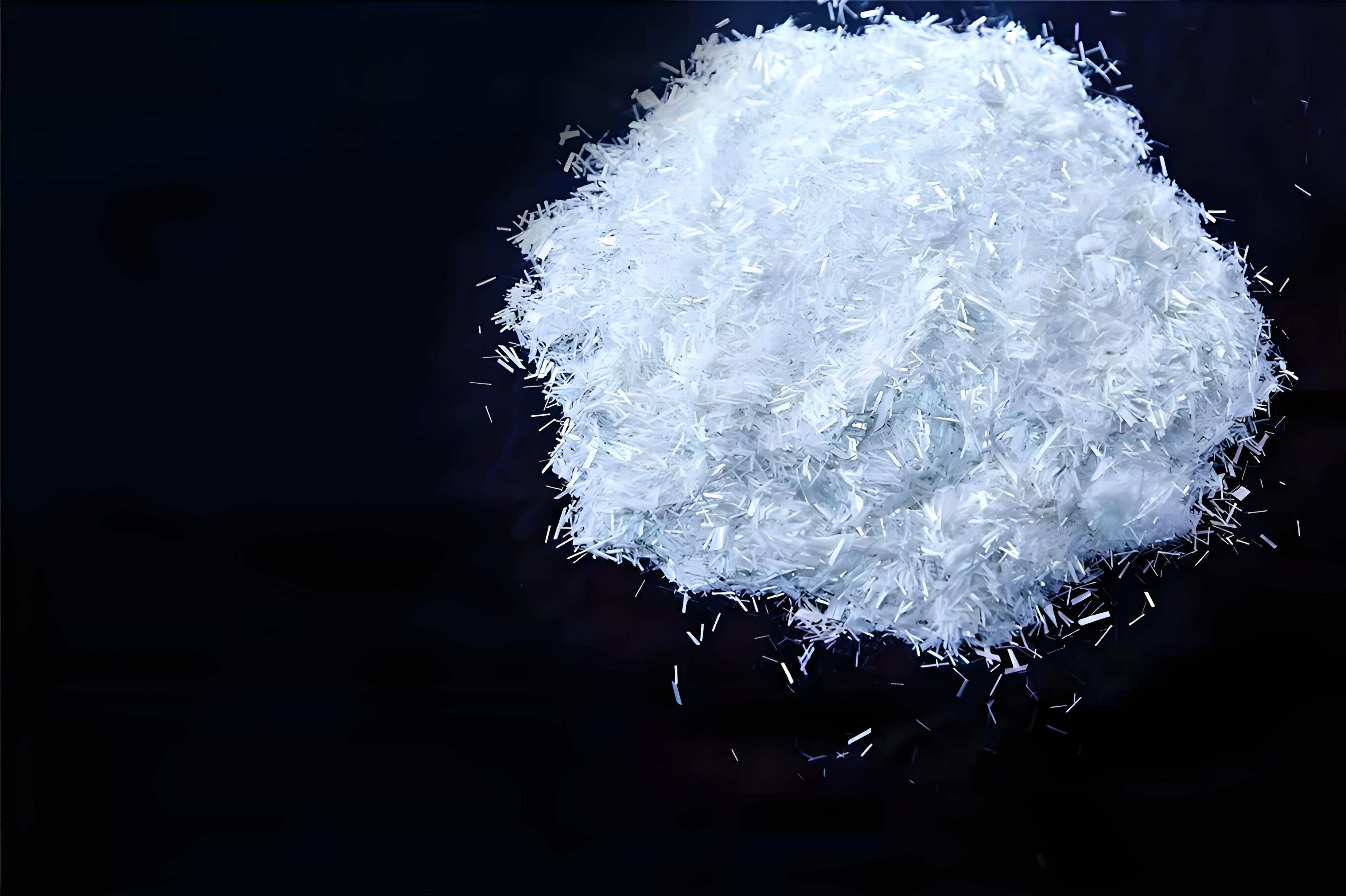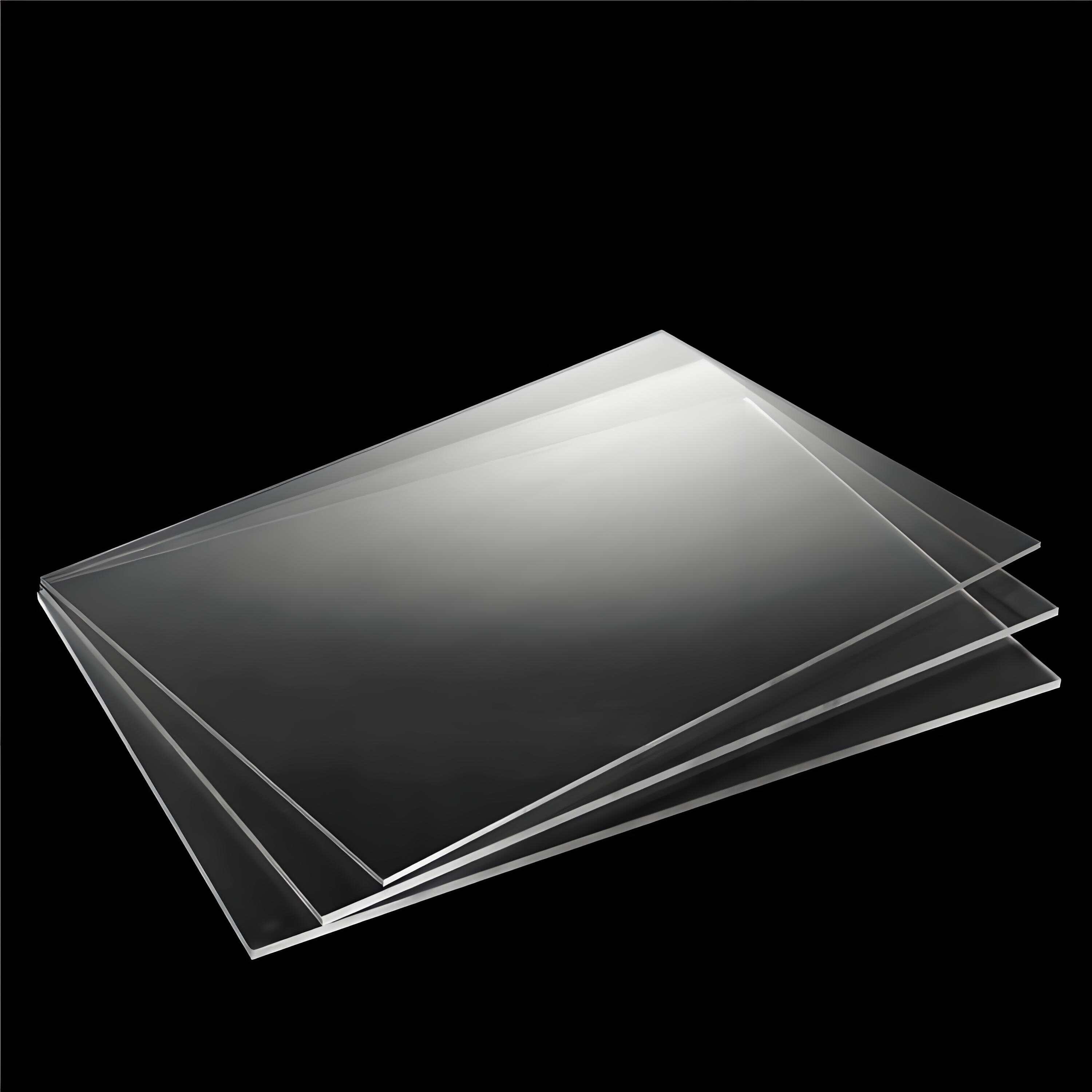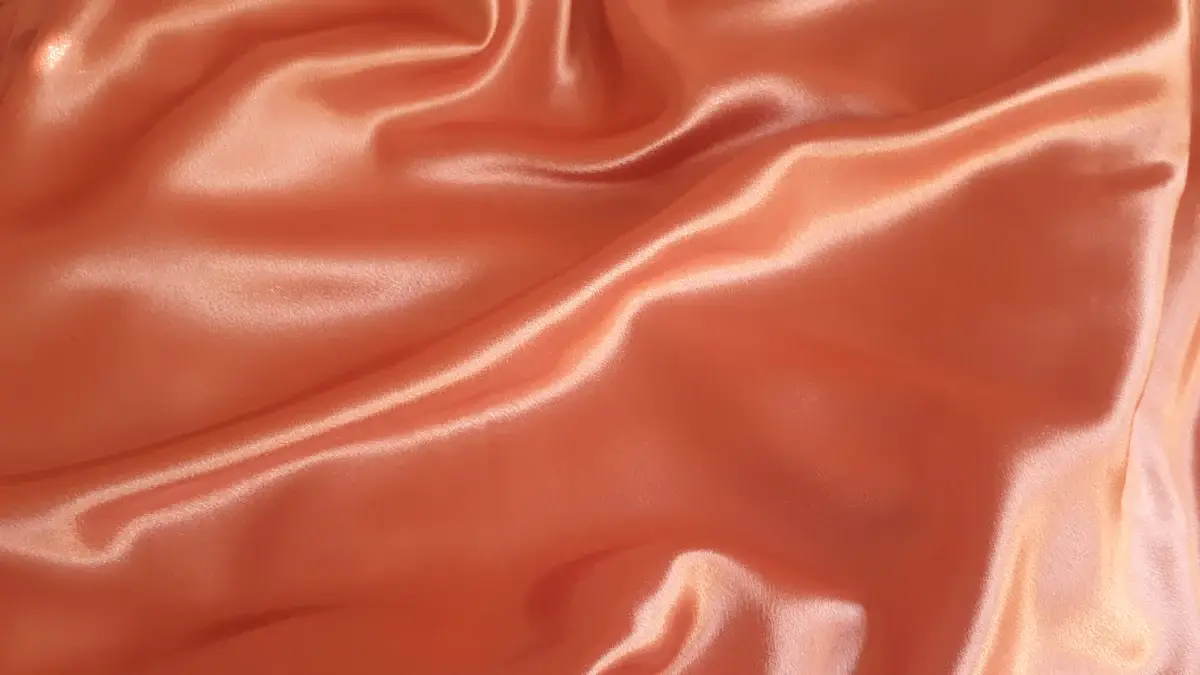Email format error
Email cannot be empty
Email already exists
6-20 characters(letters plus numbers only)
The password is inconsistent
Email format error
Email cannot be empty
Email does not exist
6-20 characters(letters plus numbers only)
The password is inconsistent


What is Polyester? The Ultimate Guide to Polyester Fabric Types and Uses
Polyester fabric stands as a cornerstone in the textile industry, renowned for its synthetic origins and remarkable versatility. You encounter polyester in countless products, from clothing to home furnishings, due to its durability and adaptability. This fabric dominates the global fiber market, accounting for *52% of all fibers produced worldwide in 2020*. Its widespread use highlights its importance across various industries, surpassing even natural fibers like cotton. As you explore the world of polyester, you'll discover its pivotal role in shaping modern textiles and its impact on everyday life.
Key Takeaways
-
Polyester is a synthetic fabric known for its durability, moisture resistance, and versatility, making it a popular choice in clothing and home furnishings.
-
The production of polyester relies on petrochemicals, raising sustainability concerns due to its non-biodegradable nature and environmental impact.
-
Different types of polyester, such as PET, plant-based polyester, and PCDT, offer unique properties and applications, catering to various consumer needs.
-
Polyester's affordability and long-lasting nature provide cost savings over time, as it requires less maintenance and replacement compared to natural fibers.
-
Recycling initiatives for polyester help reduce waste and promote a circular economy, making it possible to minimize environmental impact.
-
Choosing plant-based polyester can be a more sustainable option, as it is biodegradable and produced from renewable resources.
-
Understanding the balance between polyester's benefits and its environmental challenges empowers consumers to make informed choices in the textile market.
Understanding Polyester Fabric
What is Polyester?
Polyester fabric is a synthetic textile material that has become a staple in the fashion and home décor industries. You might recognize it as a durable and versatile fabric used in everything from clothing to upholstery. Polyester is made from long chains of polymer fibers, primarily derived from a compound known as polyethylene terephthalate (PET). This fabric is renowned for its strength, resistance to wrinkles, and ability to retain shape, making it a popular choice for various applications.
Composition and Production Process
Raw Materials
The production of polyester fabric begins with raw materials derived from petrochemicals. The primary components are ethylene glycol and terephthalic acid. These substances come from petroleum, a non-renewable resource. When combined, they form a polymer through a chemical reaction. This process results in the creation of polyethylene terephthalate (PET), which serves as the foundation for polyester fibers.
Manufacturing Techniques
The manufacturing of polyester involves several key steps. First, the polymer is extruded into long strands, which are then melted and spun into fibers. These fibers undergo twisting to form polyester yarn. The yarn can be woven or knitted into fabric, depending on the desired texture and application. This production process is energy-intensive and contributes to environmental concerns, such as plastic pollution and non-biodegradability. Despite these challenges, polyester remains a popular choice due to its durability and versatility.
Characteristics of Polyester Fabric
Durability
Polyester fabric stands out for its exceptional durability. You will find that it resists wear and tear better than many natural fibers. This strength makes polyester a popular choice for clothing and home furnishings. Unlike cotton, polyester does not shrink or stretch easily, maintaining its shape over time. Its high resistance to abrasion ensures that garments and textiles made from polyester last longer, reducing the need for frequent replacements. This durability contributes to its widespread use in various industries, from fashion to upholstery.
Moisture Resistance
One of the key features of polyester fabric is its moisture resistance. You will notice that polyester does not absorb water like natural fibers do. This property makes it ideal for outdoor and sportswear. Polyester's moisture-wicking ability keeps you dry by drawing sweat away from your skin. This feature enhances comfort during physical activities, making polyester a preferred material for activewear. Additionally, polyester dries quickly, which is beneficial for both clothing and home textiles exposed to moisture.
Versatility
Polyester fabric offers remarkable versatility. You can find it in a wide range of products, from everyday clothing to specialized industrial applications. Its ability to blend with other fibers enhances its adaptability. For instance, cotton-polyester blends combine the softness of cotton with the strength of polyester, resulting in fabrics that are wrinkle-resistant and easy to care for. Polyester's versatility extends to its use in home décor, where it is favored for its ability to hold vibrant colors and resist fading. This adaptability makes polyester a staple in the textile industry, catering to diverse consumer needs.
Types of Polyester Fabric

Polyester PETG transparent
PET (Polyethylene Terephthalate)
Polyethylene Terephthalate (PET) stands as the most widely produced form of polyester fabric. You will find PET in a variety of consumer applications due to its strength and versatility. This type of polyester is often used alone or blended with other fabrics to create clothing that is wrinkle-free and stain-resistant. PET's ability to retain its shape makes it a popular choice for garments that require durability and easy maintenance. In addition to clothing, PET is also used in home furnishings, where its robust nature ensures long-lasting performance.
Common Uses
-
Clothing: PET is ideal for making everyday wear, sportswear, and formal attire due to its ability to maintain shape and resist wrinkles.
-
Home Furnishings: You will see PET in curtains, bed linens, and upholstery, where its durability is highly valued.
-
Industrial Applications: PET's strength makes it suitable for use in conveyor belts and other heavy-duty industrial products.
Plant-Based Polyester
Plant-Based Polyester offers an environmentally friendly alternative to traditional polyester. This type of polyester is biodegradable, which makes it more sustainable and better for the environment. While it may not be as durable as PET or PCDT, plant-based polyester provides a greener option for those looking to reduce their environmental footprint. You can find this type of polyester in products that prioritize sustainability without compromising on quality.
Environmental Benefits
-
Biodegradability: Plant-based polyester breaks down more easily than synthetic counterparts, reducing environmental impact.
-
Sustainability: Using renewable resources for production makes plant-based polyester a more sustainable choice.
-
Eco-Friendly Production: The manufacturing process for plant-based polyester typically involves fewer harmful chemicals, contributing to a cleaner environment.
PCDT (Poly-1, 4-Cyclohexylene Dimethylene Terephthalate)
Poly-1, 4-Cyclohexylene Dimethylene Terephthalate (PCDT) is less common than PET but offers greater elasticity and durability. You will find PCDT particularly useful in heavy-duty applications where strength and flexibility are essential. Its unique properties make it ideal for products that require a high degree of resilience and longevity.
Specific Applications
-
Upholstery: PCDT's durability makes it perfect for furniture coverings that need to withstand frequent use.
-
Curtains: The elasticity of PCDT allows for drapery that maintains its form while offering a soft, flowing appearance.
-
Industrial Textiles: PCDT is used in applications where both strength and flexibility are required, such as in certain types of industrial fabrics.
PBT (Polybutylene Terephthalate)
Polybutylene Terephthalate (PBT) stands out for its unique properties, making it a valuable type of polyester fabric. You will find PBT particularly useful in applications that require flexibility and resilience. This polyester variant offers a lower melting temperature compared to PET, which enhances its chain flexibility. As a result, PBT is often chosen for products that demand a high degree of elasticity and durability.
Unique Properties
-
Flexibility: PBT's structure allows for greater flexibility, making it suitable for items that need to stretch without losing shape. This property is especially beneficial in the production of sportswear and activewear, where comfort and movement are essential.
-
Durability: Despite its flexibility, PBT maintains excellent durability. You can rely on it for products that undergo frequent use and stress, such as automotive parts and electrical components. Its resilience ensures long-lasting performance, reducing the need for replacements.
-
Chemical Resistance: PBT exhibits strong resistance to chemicals, which makes it ideal for industrial applications. You will find it in environments where exposure to oils, solvents, and other chemicals is common. This resistance helps maintain the integrity of the material over time.
-
Thermal Stability: The thermal stability of PBT allows it to withstand high temperatures without degrading. This feature is crucial for applications that involve heat exposure, such as in the manufacturing of electrical insulators and connectors.
Environmental Impact of Polyester Fabric

polyester fabric
Sustainability Concerns
When you consider the environmental impact of polyester fabric, sustainability concerns often come to the forefront. Polyester, being a synthetic material, originates from petrochemicals. This reliance on non-renewable resources raises questions about its long-term sustainability. The production process of polyester involves significant energy consumption, contributing to greenhouse gas emissions. Additionally, polyester's non-biodegradable nature means it can persist in the environment for hundreds of years, leading to plastic pollution. As you explore the textile industry, understanding these sustainability challenges is crucial for making informed choices.
Recycling and Reuse
Despite the sustainability concerns, polyester fabric offers opportunities for recycling and reuse. You can find initiatives aimed at transforming used polyester into new products, reducing waste and conserving resources. The recycling process involves breaking down polyester into its basic components, which can then be re-spun into fibers. This approach not only minimizes environmental impact but also supports a circular economy. By choosing recycled polyester products, you contribute to reducing the demand for virgin materials and help mitigate the environmental footprint of the textile industry.
Cost Considerations of Polyester Fabric
Price Comparison with Other Fabrics
When you compare polyester to other fabrics, you'll notice that it often comes with a lower price tag. This affordability makes polyester an attractive option for both manufacturers and consumers. Natural fibers like cotton and wool tend to be more expensive due to their cultivation and harvesting processes. In contrast, polyester's synthetic nature allows for mass production, which reduces costs.
Polyester's price advantage doesn't just stop at the initial purchase. Its durability means that products made from polyester often last longer, reducing the need for frequent replacements. This longevity can lead to cost savings over time, making polyester a cost-effective choice for many applications.
Long-term Value
The long-term value of polyester fabric extends beyond its initial affordability. You benefit from its resilience and low maintenance requirements. Polyester resists wrinkles and stains, which means you spend less time and money on care and upkeep. This fabric's ability to retain its shape and color over time ensures that your garments and home textiles maintain their appearance, even after repeated use and washing.
However, it's important to consider the environmental impact of polyester. The production process relies heavily on non-renewable resources like petroleum, contributing to CO₂ emissions and plastic waste. Polyester garments also shed microplastics during washing, which can harm marine life and enter the human food chain. These factors highlight the need for responsible consumption and consideration of sustainable alternatives.
Polyester fabric showcases remarkable versatility, making it a staple in various industries. You encounter it in clothing, home furnishings, and even industrial applications due to its durability and adaptability. While polyester offers cost advantages over natural fibers, it's crucial to weigh environmental considerations. The production process relies on non-renewable resources, raising sustainability concerns. However, initiatives in recycling and plant-based alternatives present greener options. As you navigate the textile landscape, understanding these factors helps you make informed choices that balance affordability with environmental responsibility.
Future Parts offers injection molding services for all of your prototyping and production needs. Visit our website to learn more about our manufacturing capabilities and request a free, no-obligation quote.
FAQ
What makes polyester a popular choice in the fashion industry?
Polyester's popularity stems from its affordability, durability, and versatility. You will find it in fast fashion and activewear due to these desirable qualities. Its ability to mimic other fabrics expands design possibilities, making it a staple in fashion.
How does polyester compare to natural fibers?
Polyester fibers offer several advantages over natural fibers. They provide high strength, wrinkle and abrasion resistance, and easy maintenance. These benefits make polyester an attractive choice for both manufacturers and consumers.
What are the environmental concerns associated with polyester?
Polyester production contributes to plastic pollution and non-biodegradability. The reliance on petrochemicals raises sustainability concerns. Exploring alternatives and encouraging innovation are crucial for a more balanced future.
Can polyester be recycled?
Yes, polyester can be recycled. Initiatives exist to transform used polyester into new products, reducing waste and conserving resources. By choosing recycled polyester, you help minimize environmental impact and support a circular economy.
Why is polyester considered versatile?
Polyester's versatility lies in its ability to blend with other fibers and mimic various fabrics. This adaptability allows it to cater to diverse consumer needs, from clothing to home décor and industrial applications.
How does polyester impact the environment compared to other fabrics?
Polyester offers good alternatives in terms of sustainability but has a poor eco-balance due to microplastics and its presence in PET bottles. Despite its versatility, polyester faces sustainability challenges.
What are the benefits of using polyester in activewear?
Polyester's quick-drying properties and moisture resistance make it ideal for activewear. It wicks sweat away from your skin, keeping you dry and comfortable during physical activities.
Is polyester suitable for outdoor use?
Yes, polyester is suitable for outdoor use. Its moisture resistance and durability make it a preferred material for outdoor equipment and sports apparel.
How does polyester contribute to cost savings?
Polyester's affordability and durability lead to cost savings. Products made from polyester often last longer, reducing the need for frequent replacements. This longevity makes polyester a cost-effective choice.
What are the alternatives to traditional polyester?
Plant-based polyester offers an environmentally friendly alternative. It is biodegradable and uses renewable resources, providing a greener option for those looking to reduce their environmental footprint.
